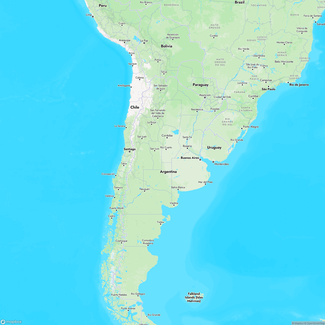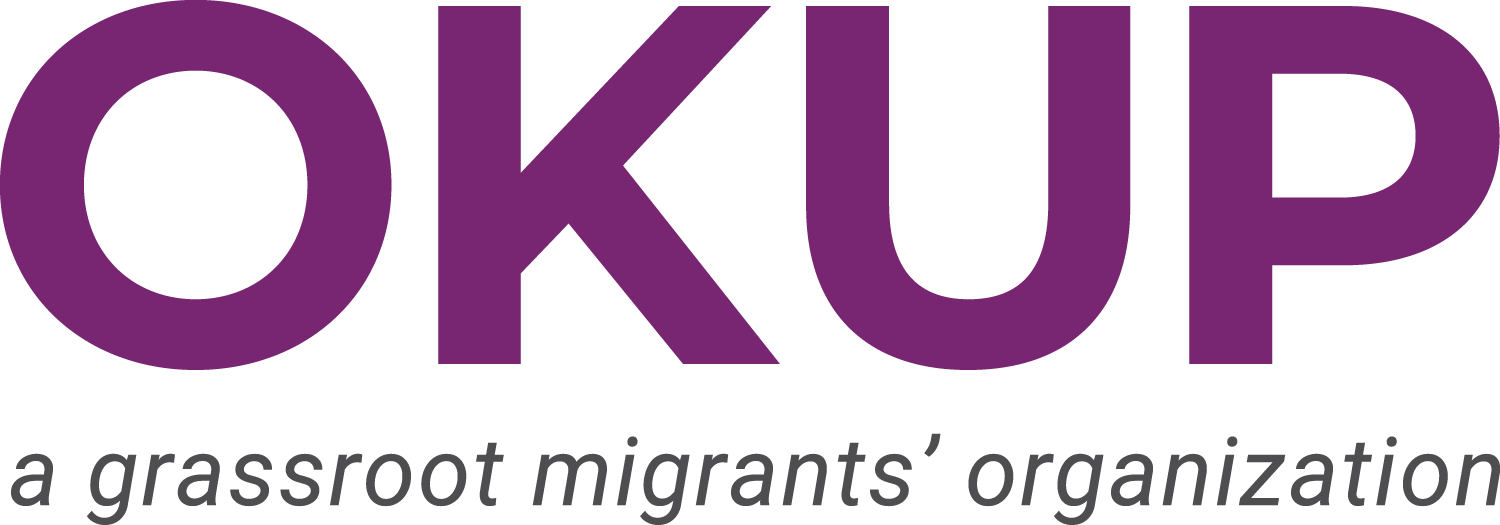Argentina's submission to the United Nations Special Rapporteur on trafficking in persons, especially women and children, explores the impact of climate change events on the agricultural sector. It provides contextual information on Argentina's legal framework around human trafficking, on the national programme for the rescue and support of human trafficking victims, and on the work of the Office of Domestic Violence of the Supreme Court of Justice (OVD CJSJN) and the office of the prosecutor for the trafficking and exploitation of persons (PROTEX).

Argentina
Farmers in Argentina risk losing their income and access to productive land due to climate change. This pushes many to accept risky employment offers and to migrate within Argentina.
This is especially the case for those facing economic, social, political or cultural inequality. This situation increases their vulnerability to forced labour and human trafficking.
People who are already subject to forced labour and human trafficking are further affected by climate change because their pay is withheld if agricultural work cannot be carried out. If production stops, they may also be abandoned by human traffickers in isolated areas without money or help. Argentina is increasing its efforts to detect human trafficking in agriculture and taking preventive measures, such as delivering awareness campaigns and training.


